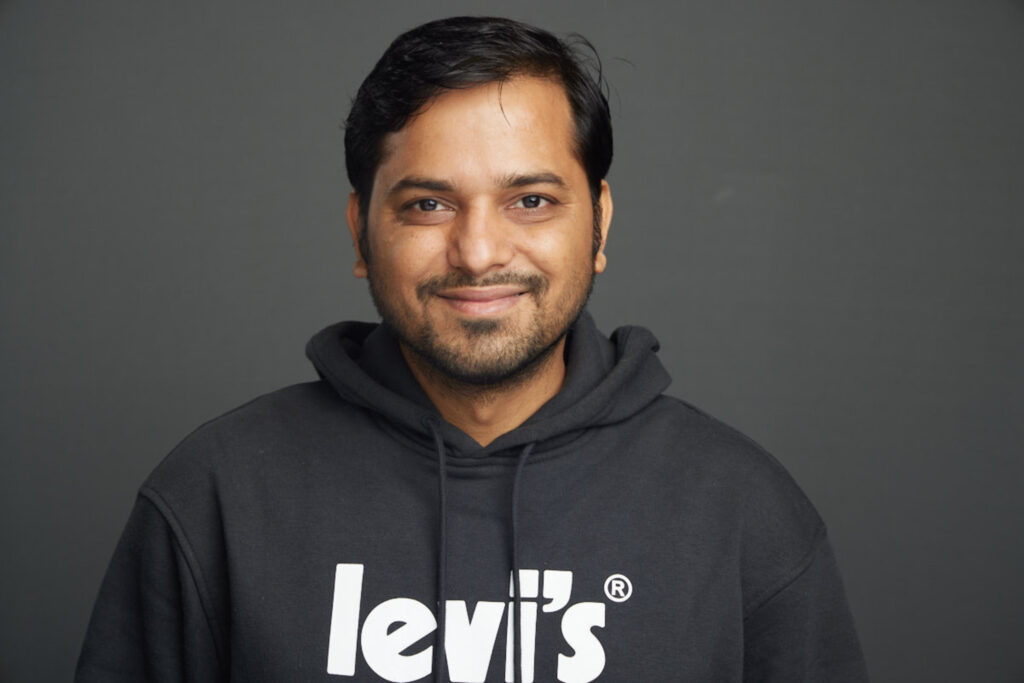
Dr. Debesh Jha, Ph.D.
Visiting Assistant Professor
Department of Computer Science, University of South Dakota
Research Overview
My primary research focuses on developing advanced artificial intelligence algorithms to improve medical imaging across various clinical domains, including upper and lower gastrointestinal (GI) tract imaging, lung and liver tumor analysis, and predictive modeling for radiation therapy outcomes.
Accurate medical diagnosis significantly depends on high-quality imaging data and sophisticated computational techniques. However, current diagnostic accuracy in radiology and gastrointestinal (GI) endoscopy is frequently limited by challenges such as data scarcity, interobserver variability, biases, and limited generalizability.
To overcome these issues, my work emphasizes the meticulous curation of comprehensive, multinational datasets, including CirrMRI600+ for liver cirrhosis imaging, PolypDB, PolypGen, and Kvasir-SEG for colonoscopy, as well as HyperKvasir and KvasirCapsule for GI endoscopy and video capsule endoscopy.
In the past, one of our recent algorithms, ColonSegNet and data, Kvasir-SEG has been adopted by NVIDIA Clara.
Research Interests
Medical Image Segmentation
Liver, lung, pancreas, polyp, and multi-organ segmentation in CT/MRI.
Multimodal AI & Vision-Language Models
AI-driven medical VQA, vision-language integration for diagnostics.
AI for Endoscopy & Surgery
Real-time polyp detection, instrument tracking, and AI-assisted navigation.
Cancer Imaging & Precision Medicine
Advanced AI for prostate and lung cancer segmentation, diagnosis, and treatment planning.
Foundation & Large Vision Models
Transformers, diffusion models, and SAM-based architectures for medical AI.
Camouflaged & Anomaly Detection
AI-driven solutions for defect detection, abnormality analysis, and medical scene understanding.
Recent News
-
Recognized among the world's top 2% scientists by Stanford University and Elsevier ranking for contributions to AI in biomedical engineering.
-
Received A & S Professional Development Grant Program from the University of South Dakota for Spring 2025.
-
Elevated to IEEE Senior Member.
-
3 papers are accepted at ICASSP 2025.
-
3 papers are accepted at IEEE CVF WACV 2025.
-
Our paper on "Harmonized Spatial and Spectral Learning for Robust and Generalized Medical Image Segmentation" won the Best Industry-Related Paper Award at ICPR2024.
Achievements & Recognition
Research Excellence
-
Recognized among the world's top 2% scientists by Stanford University and Elsevier ranking.
-
Received Junior Distinguished Research and Development Award (2022, 2024) by IEEE Chicago Section.
-
Elevated to IEEE Senior Member.
Publication Awards
-
Best Industry-related Paper Award, ICPR 2024.
-
Poster of Distinction during Digestive Disease Week (DDW) 2024.
-
Best student paper award finalist (CBMS 2020), Mayo Clinic.
Professional Activities
Guest & Associate Editor
PC Member & Reviewer
2022
-
MICCAI 2022 (Reviewer)
2021
-
MedAI: Transparency in Medical Image Segmentation (Challenge organizer)
-
3rd International Endoscopy Computer Vision Challenge and Workshop (Endocv2021) (Challenge organizer)
Professional Memberships
IEEE Senior Member
MICCAI Member
RSNA Member
Norwegian COINS Research School
AI Lab, Oslo Metropolitan University
IEEE EMBC Member
Ongoing Projects & Collaborations
Current Research Focus
Medical Imaging AI
Developing advanced deep learning architectures for medical image segmentation, classification, and anomaly detection with robust generalization capabilities.
Radiation Therapy Planning
Creating predictive models for organ-at-risk assessment and treatment outcome optimization in radiation therapy.
GI Endoscopy Analytics
Enhancing real-time polyp detection and segmentation during colonoscopy procedures through transformer-based and diffusion architectures.
Medical Vision-Language Models
Exploring multimodal AI for improved medical question answering and report generation from medical images.
Seeking Collaborations In
Feel free to contact me for collaboration opportunities.